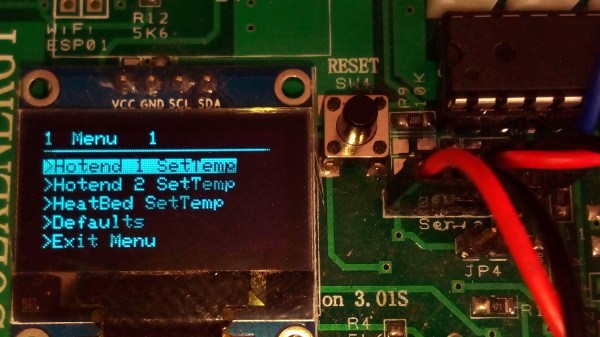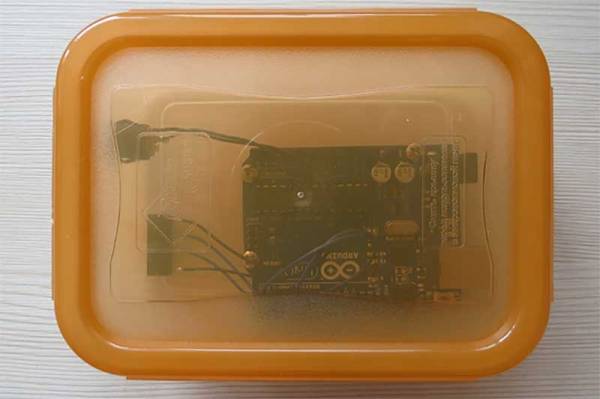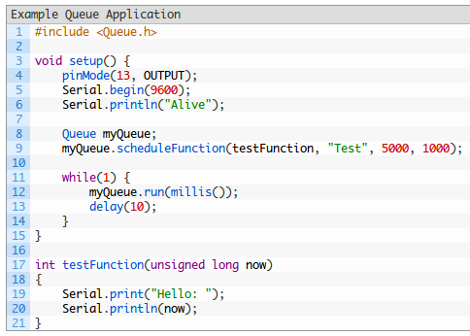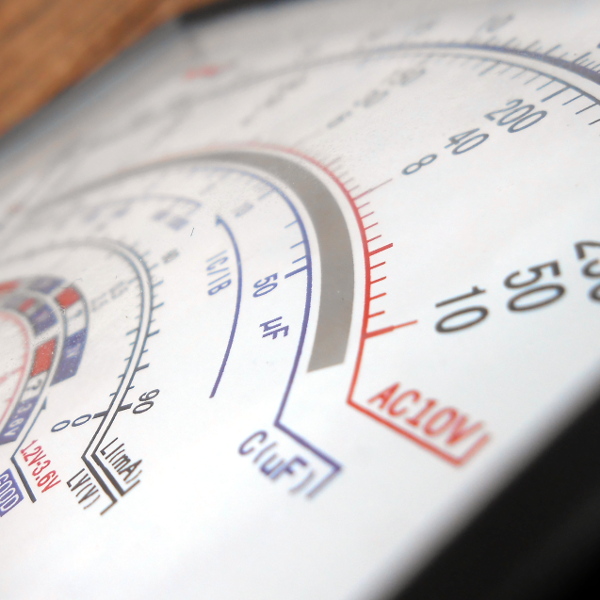When talking about remote machines, sometimes we mean really remote, beyond the realms of wired networks that can deliver the Internet. In these cases, remote cellular access is often the way to go. Thus far, we’ve explored the hardware and software sides required to control a machine remotely over a cellular connection.
However, things can and do go wrong. When that remote machine goes offline, getting someone on location to reboot it can be prohibitively difficult and expensive. For these situations, what you want is some way to kick things back into gear, ideally automatically. What you’re looking for is a watchdog timer!
Continue reading “Basics Of Remote Cellular Access: Watchdogs”




















